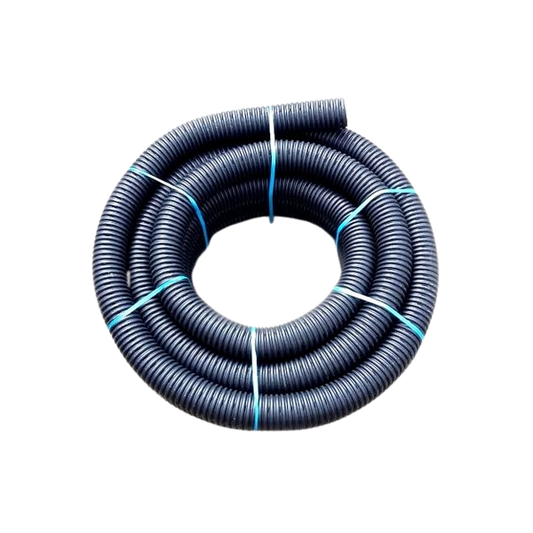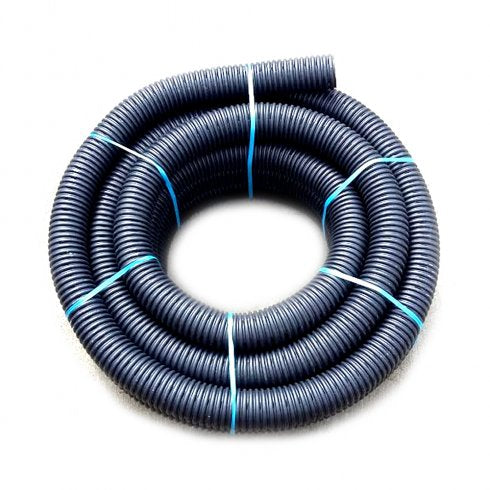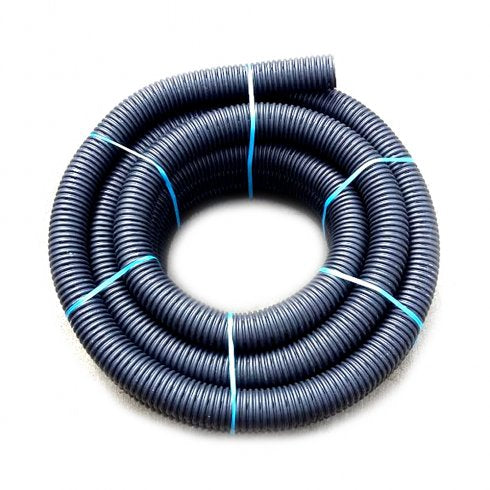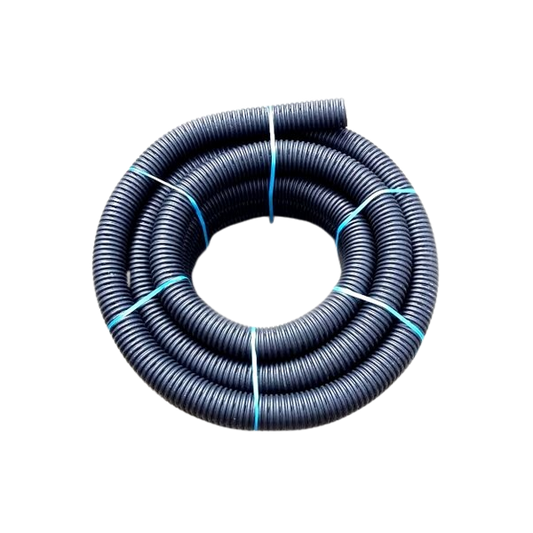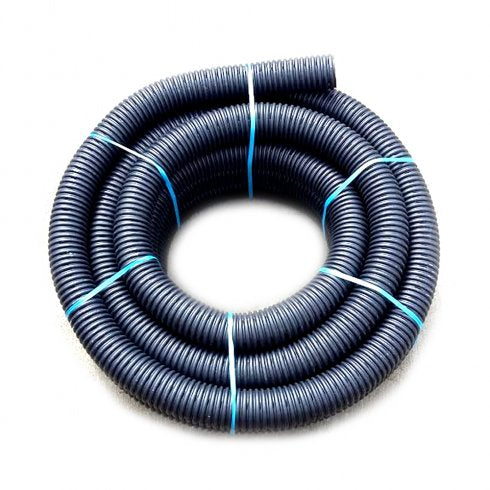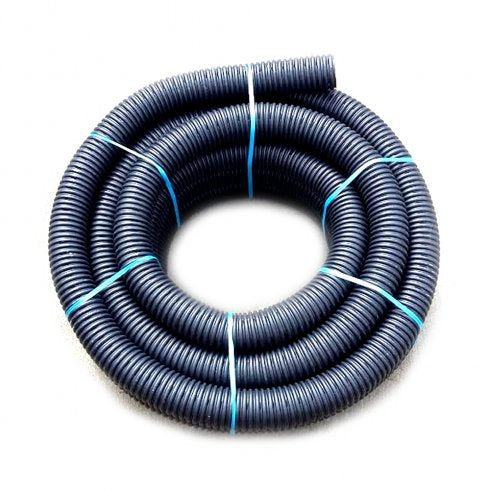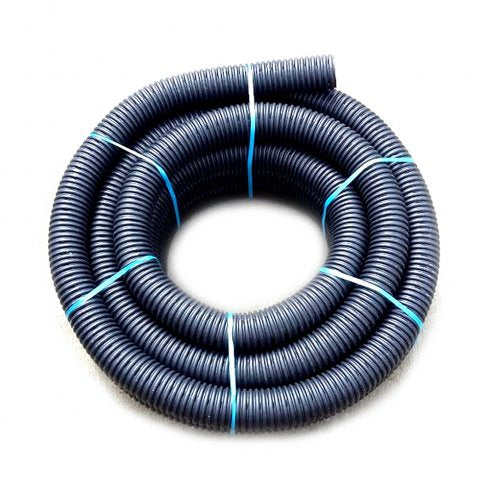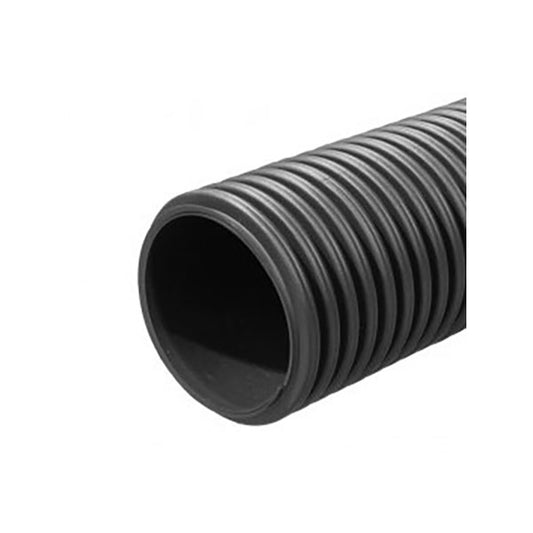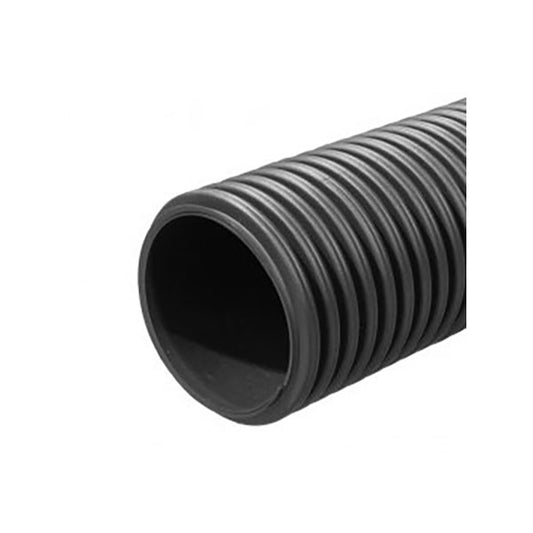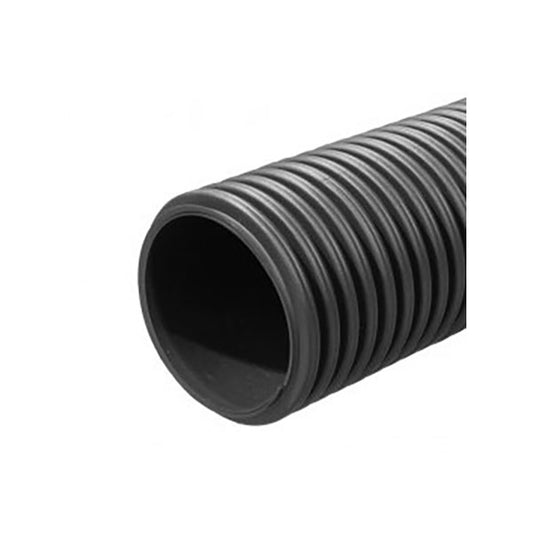Soil health is “the ability of soil to function”. As the foundation of any farm, healthy soil is essential for productive, sustainable agriculture.
Why is soil health important in the UK?
The UK has over 700 soil types. Currently, four million hectares are at risk of compaction and two million hectares at risk of erosion. With UK fields said to have only 100 harvests left and around 2 million tonnes of topsoil lost annually, many farmers are recognising the importance of protecting and improving soil health — both for future generations and to increase yields today.
Why should it matter to you?
There are many benefits to maintaining healthy soil, including:
- Increased crop yields.
- Healthier, pest-resistant crops that require fewer inputs and lower costs.
- Improved fertility, allowing crops to take root more easily.
- Reduced flood risk — healthy soil can store up to 3,750 tonnes of water per hectare.
- Cleaner groundwater — healthy soil filters and neutralises pollutants.
How do I measure soil health?
Here are a few practical ways to check your soil health at home:
1. Earthworm Counts
Earthworms are key indicators of soil structure and fertility. There are three main types — Epigeic, Endogeic and Anecic — each playing unique roles in carbon cycling, nutrient mobilisation, and water infiltration. A strong presence of all three suggests healthy, well-functioning soil.
This simple test takes about an hour. You can follow the step-by-step guide on the Agriculture and Horticulture Development Board (AHDB) website.
2. Infiltration / Percolation Test
The infiltration rate measures how quickly water enters the soil — an excellent indicator of structure and compaction. Learn how to perform this test in our detailed guide: How to carry out a percolation test.
| Soil type | Infiltration rate (mm/hour) |
|---|---|
| Sand | > 30 |
| Sandy loam | 20–30 |
| Loam | 8–20 |
| Clay loam | 5–10 |
| Clay | 1–5 |
Faster rates usually indicate good soil aggregation and drainage, while slower rates suggest compaction, reduced porosity, or low organic matter.
3. Slake Test
The slake test evaluates soil aggregate stability — how well soil holds its structure when exposed to air and water.
How to perform it:
- Collect a handful of topsoil from two areas — one cultivated, one not.
- Take two glass jars and fit wire mesh over the openings.
- Place each soil sample on the mesh and submerge in water.
- Observe how well the soil holds together.
Soil that stays intact has a strong structure and higher organic matter content; disintegration suggests poor health.
4. Laboratory Soil Tests
While more expensive, lab testing provides accurate and detailed data on your soil’s chemistry and biology.
Soil Chemistry Tests
These medium-cost tests measure macronutrients (P, K, Mg) and pH, guiding fertiliser planning. However, they don’t assess biological activity or structure.
Organic Matter Test
Organic matter includes all living or decomposed material in the soil — a key factor in biological, chemical, and physical health. Around 70% of UK arable farms have organic matter below 3%, often without realising it. Testing and improving organic matter can dramatically boost yields and resilience.
How can you improve soil health?
Improving soil health is essential for sustainable farming and aligns with the Agriculture Bill’s focus on soil protection and management. Learn more in our full guide: How to improve soil quality.
How can we help?
One of the most effective ways to improve soil health is through land drainage — ensuring excess water is removed efficiently so crops can thrive.
Our background is in farming, and our MD’s family have been farming for generations. We supply a wide range of competitively priced land drainage solutions, including land drainage coil, twinwall pipe, and large diameter structured pipe.
Call our team of drainage experts on 0121 351 3230 for professional advice tailored to your farm.
Alternatively, fill out our enquiry form:






